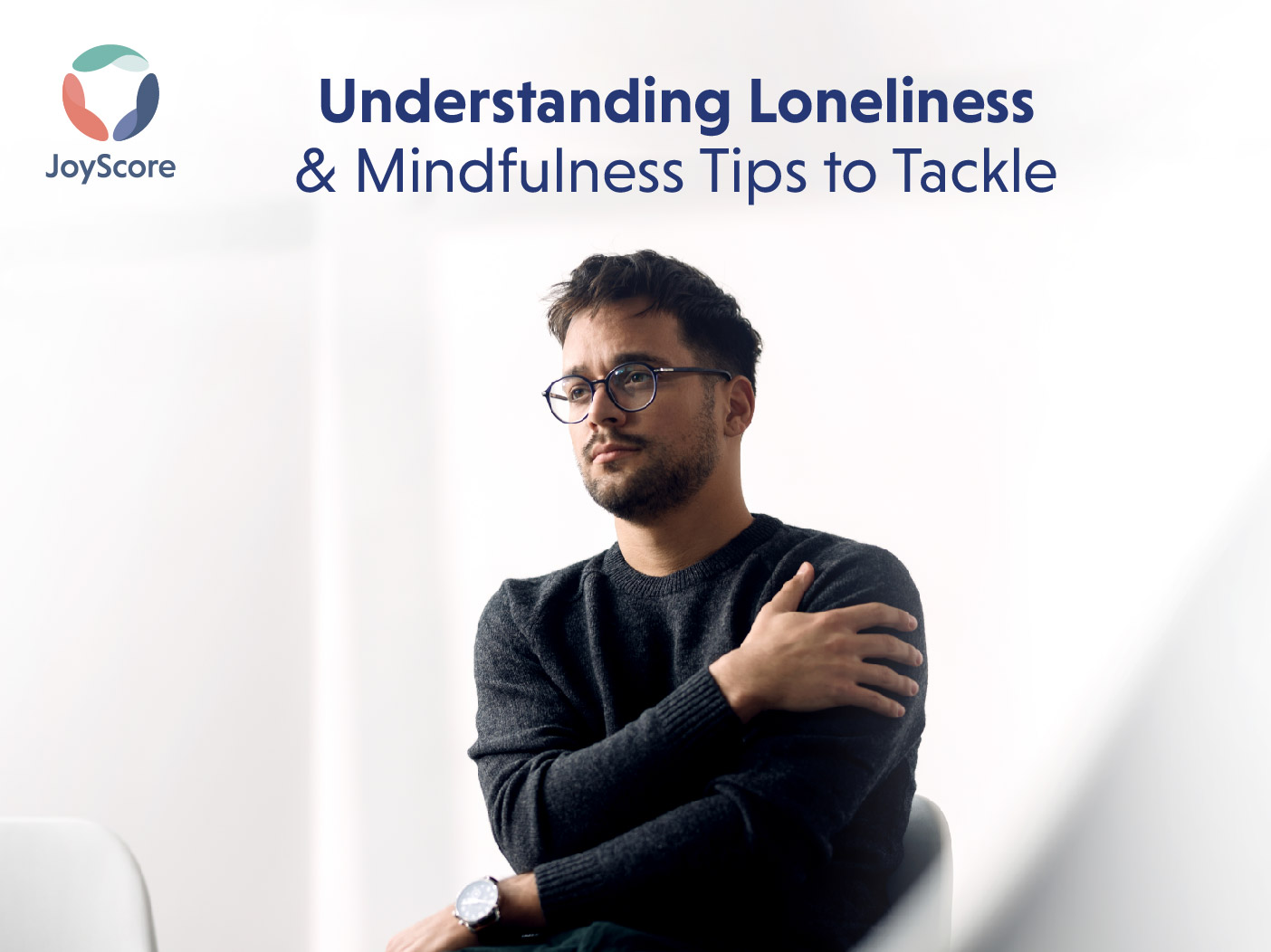Loneliness is the state where one feels isolated from friends, family or social groups. The reason a person can feel lonely may be due to anything, such as divorce, loss of a parent during childhood, or being in a long-distance relationship. However, some people may feel alone even when surrounded by others throughout the day, for they may have lost the connection and warmth of what it means to have a relationship.
As per the Kaiser Family Foundation, young adults aged 18-24 report higher rates of loneliness than any other age group. However, in all age groups, loneliness often makes a person feel cold, empty and desperate as if one is invisible. Further feelings of loneliness lead to an inability to feel content and negatively impacts one’s physical as well as mental well-being. Loneliness can also:
- Raise levels of stress
- Cause sleep problems
- Arouse unhealthy habits like alcohol abuse
- Lead to personality disorders
- Lead to depression or anxiety
- Inculcate low self-esteem
- Cause increased blood pressure, sugar levels and cholesterol levels.
- Cause physical symptoms including a cold, flu, headaches, and body aches.
- Lead to severe heart diseases, Alzheimer’s disease, and even premature death
TIPS TO OVERCOME LONELINESS
It is important to remember that loneliness is not a disease but a mindset that can be worked through. So, here are some effective measures one can practice to overcome loneliness.
- SELF CARE
This is the most important aspect to healing. Self-care means being your own best friend and enjoying your company when you are alone.
- Treat yourself
Do something nice to calm the senses and uplift your mood. Spend some quality time sitting in a hot bubble bath listening to your favorite music. You can also go out for a personal shopping trip or gift yourself flowers and chocolates. Through these small gestures, your mood will start to improve.
- Engage the mind
Engaging in a new interesting podcast or reading a new book from the library are healthy brain exercises. Other than keeping oneself engaged, they also act as companions at all times. However, those who are looking for more natural and refreshing ideas to combat loneliness, can also turn to nature’s beauty as a tool. Going out for a 30 minute nature walk in a park or just sitting by the window to see chirping birds and rustling leaves connects one to their surroundings.

- MINDFUL TIPS FOR LONELINESS
Mindfulness is an open ended and non-judgmental practice of paying attention to the present and it helps fight loneliness. One becomes aware of his or her feelings, thoughts, body sensations and surroundings. Here are a few more things mindfulness does for us.
- Mindfulness introduces acceptance
Those who understand this temporary emotional state do not try to change it or push it away. Instead, they try to develop the willpower and courage to accept all their feelings, including pain.
- Brings one back to the present
A lonely person is likely to dwell on past relationships or worry about the future, which is why they often find it difficult or nearly impossible to get out of a mindset of loneliness. Practicing mindfulness will help one appreciate their possessions and the beauty of their surroundings. The taste of food, the warmth of the sun, and a healthy body are some of the things a person can start to feel good about.
- Builds inner resources
Loneliness is a strong emotion that is not easy to get rid of. So, regular mindfulness practice develops strong internal qualities to curb the fear of being isolated. These people will have strengthened patience, resilience, and self-compassion, which will not allow any sudden loss or grief to affect them irreversibly. In other words, the person will approach his or her loneliness with kindness and compassion rather than fear and despair.
- Mindfulness practice
Choose a quiet, comfortable place in the house for a daily mindfulness session. You can sit anywhere, a comfy chair, on the ground or on a flat surface in the room near a window. The only thing to keep in mind is that, while sitting your spine must be straight for proper breathing.
After proper seating arrangement, one has to close their eyes. Then, begin with a few deep breaths. Slow inhaling while allowing the chest and belly to rise followed by gentle exhaling is the correct technique. Repeating this several times calms the mind and lets people focus on their emotions.
This is the time when self-talk is introduced with phrases like “I am worthy of love and compassion” or “It’s okay to feel alone.” This kind of practice will ease the stress and anxiety and arouse a positive light which extends within and to others. However, the effect will be more intense if one repeats certain phrases of loving kindness along with positive thinking. For instance, “May I be happy”, “May others be happy”, “May I be free from suffering”, and “May others be free from suffering”.
The session will end as the individual brings his or her attention back to their breaths. Remember, it’s okay if the feeling of loneliness doesn’t subside immediately; it may take a few more sessions. Therefore, practice this regularly to deepen the sense of inner peace and connection.
The JOYSCORE app is also a renowned and effective app for downloading and trying out mindfulness practices to manage loneliness.
- VOLUNTEERING

When an individual is devoting his or her precious time to serve someone or support a good cause it makes a lot of difference. Apart from helping others, the person experiences a sense of belonging and purpose. One will build new healthy relationships and impart self-confidence and self-worth. All these in totality, will work to alleviate the feeling of isolation even when alone.
- JOIN SOCIAL GROUPS
Aligning one’s hobbies and interests with a group or community is a great way to reduce feelings of loneliness. Join a yoga or dance class either online or offline to make new connections. Certain social groups are also available just to provide a place to listen and share with others who have similar experiences. One of those is Side by Side which is available 24/7.
- STOP COMPARING
Accessing other people’s lives on social media can sometimes feel overwhelming. One may feel even lonelier when watching others’ photos at events or socializing with friends and family. But comparing your life to another is not healthy at all. One can never know what exactly is going on in another person’s life outside of their social media feed or how they feel when they’re alone.
- OPEN UP TO PEOPLE
At times, despite being surrounded by a number of people, individuals can lack deep connections with them and still feel lonely. Learn to gradually try opening up to people.. Choose a friend or family member you trust and try to make small conversations with them whenever you see them.
- TALK TO A THERAPIST
For those who cannot manage on their own, therapists are available who are equipped with many different ways to help an individual. Some of the most effective therapies include:
- Individual treatments for loneliness such as Cognitive Behavioral Therapy (CBT) or talk therapy.
- Group interventions with bereavement groups.
- Community events like block parties or game nights.
CONCLUSION
Human beings are social creatures and need connections to survive healthily. Therefore, learning the symptoms, signs and ways to assess loneliness can change the quality of your life dramatically.
Download the JOYSCORE app to help manage your psychological and physical well being with ease.
Download on the Appstore
Get it on Google Play



